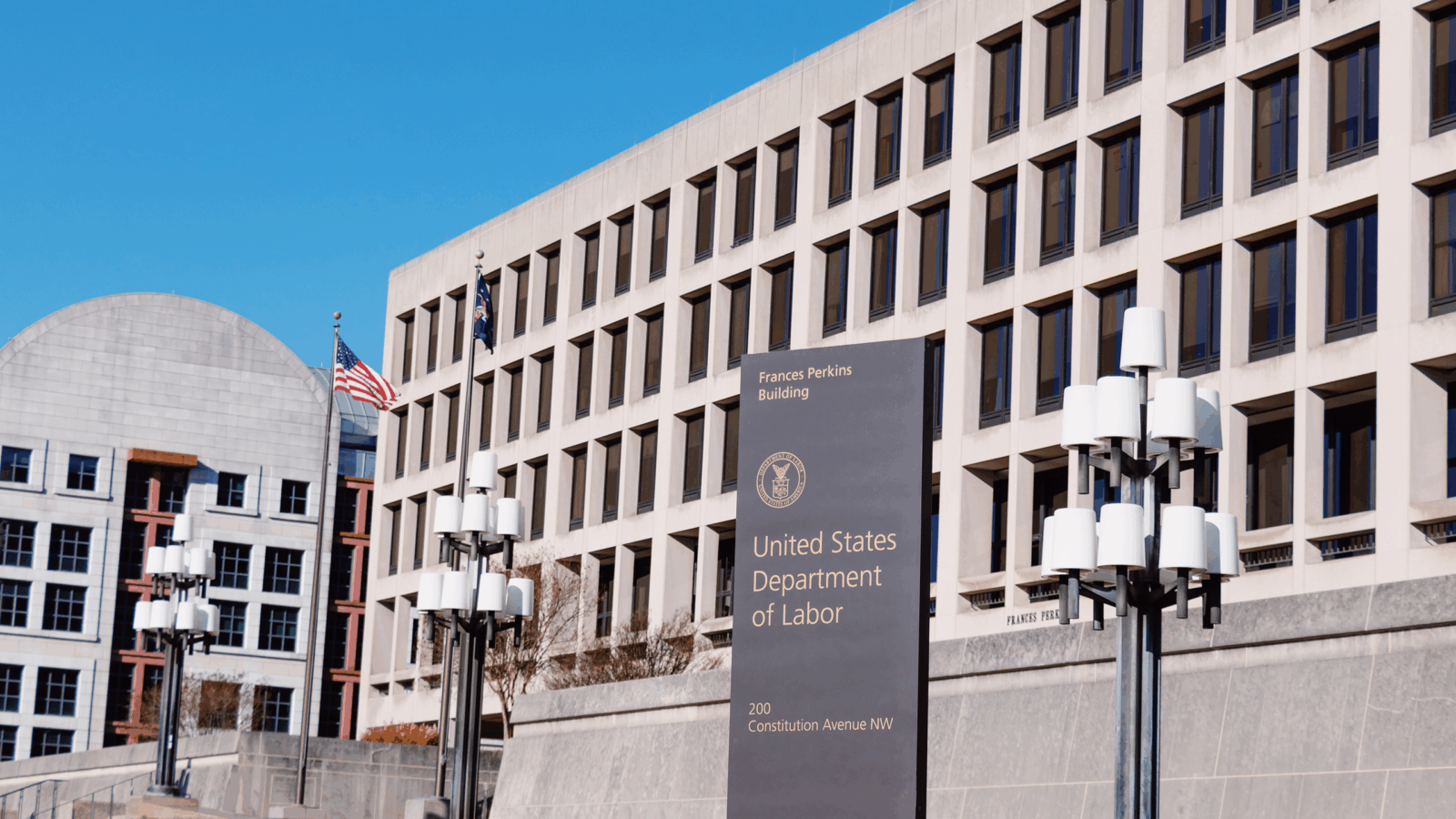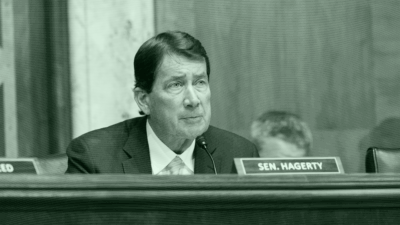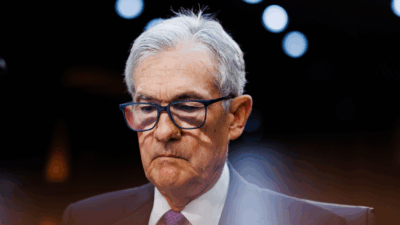Oil Leaps, Shekel Falls After Israel Declares War
Crude oil prices jumped to $89 a barrel as Hamas’s attack on Israel drove concerns of wider conflict across the oil-rich Middle East.

Sign up for smart news, insights, and analysis on the biggest financial stories of the day.
The economic aftershocks of open conflict between Israel and Palestine are already being felt.
On Monday, crude oil prices jumped to $89 a barrel as Hamas’ attack on Israel drove concerns of wider conflict across the oil-rich Middle East. Meanwhile, the value of the shekel, Israel’s currency, fell to a seven-year low. Both phenomena can be seen as an acceleration of existing trends.
‘High Geopolitical Risk’
Like just about every other currency around the world this year, the shekel has struggled against the US dollar rising to a multi-decade high off the backs of domestic economic resilience and relatively cooling inflation. Even before this past weekend, the Israeli currency had already lost roughly 9% of its value compared to the US dollar this year. But the violence sparked a market fallout that pushed the shekel to a seven-year low, then falling another 2.7% on Monday morning. That drove the Bank of Israel to announce plans to sell up to $30 billion of dollar reserves to prop up the shekel, as well as commit up to another $15 billion in liquidity to the market via swap agreements. “We don’t see a reason why you would be long Israel’s currency or bonds,” Kaspar Hense, senior portfolio manager at RBC BlueBay Asset Management, told the Financial Times. “There is high geopolitical risk.”
The very same geopolitical risks are reverberating through the oil market. While Israel isn’t a top producer, its neighbors in the Middle East are — and fears of conflict creeping throughout the region sent the international Brent oil benchmark climbing over 5% early Monday morning. The spike essentially re-kickstarted an oil market that had finally begun to cool off:
- By the end of September, recently announced supply cuts from both Saudi Arabia and Russia saw Brent crude trade above $97 a barrel — though prices almost immediately fell 11% in the first week of October over signs of a global economic slowdown.
- The oil market is expected to tighten particularly if US officials confirm a Wall Street Journal report that Iran assisted in planning Hamas’ attack on Israeli citizens. Confirmation would likely cause much stricter enforcement on sanctions of Iranian oil, but both the Israeli military as well as the US Secretary of State Anthony Blinken have said there is no evidence yet of Iran’s involvement.
Global Conflict: Iran isn’t the only nation possibly facing steeper oil sanctions. In an interview with The Wall Street Journal on Monday, Treasury Secretary Janet Yellen said that the US is planning on beefing up its enforcement of sanctions on Russian oil agreed to by G-7 nations last year following Russia’s unprovoked invasion of Ukraine. Those sanctions, which have been sporadically enforced, call for a $60 per barrel cap on oil coming out of Russia.











